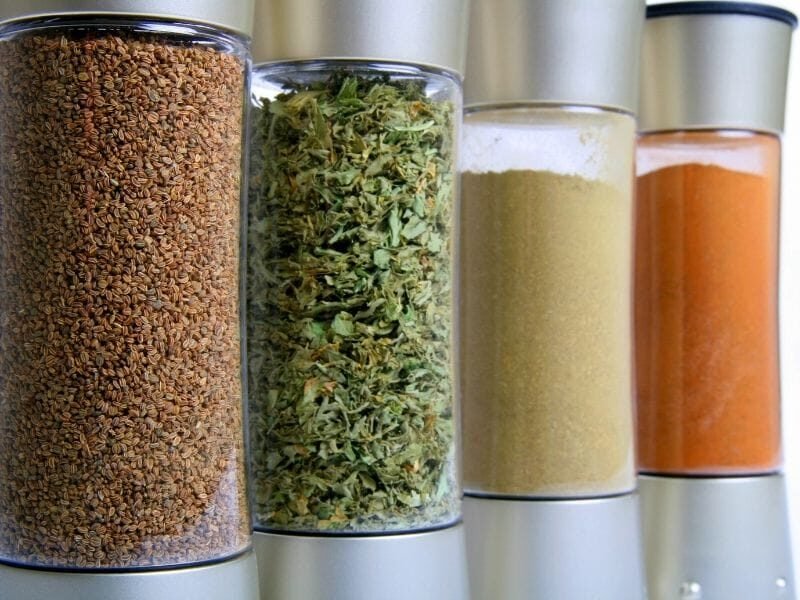

Social Sharing:
Common Natural and Synthetic Flavorings in Food Production
In the food production industry, flavorings play a vital role in enhancing aroma, creating appealing tastes, and attracting consumers. Currently, flavorings are divided into two main groups: natural flavorings and synthetic flavorings. This article provides detailed information about popular types of flavorings and introduces the reputable brand HOÀNG KIM TUẤN – a trusted supplier of high-quality flavorings for the food industry.
Mục lục bài viết
Toggle1. Natural Flavorings
Natural flavorings are directly extracted from natural sources such as fruits, herbs, spices, or animal origins. The key feature of this group is their natural aroma, safety, and consumer-friendliness.
Common types of natural flavorings:
- Orange, lemon, tangerine essential oils: Provide fresh and bright aroma, commonly used in beverages and confectionery.
- Vanilla essential oil: Sweet and captivating fragrance widely applied in pastries, ice cream, and dairy products.
- Coffee bean extract: Creates a characteristic aroma for instant coffee and confectionery.
- Peppermint essential oil: Cool and refreshing scent often used in candies, beverages, and personal care products.
- Herbal extracts (basil, cinnamon, star anise): Provide distinctive aroma for dishes and processed foods.
Advantages of natural flavorings include safety for health and low allergy risk when raw materials are properly controlled. However, natural flavorings tend to be more expensive and may have lower aroma stability during storage compared to synthetic flavorings.
2. Synthetic Flavorings
Synthetic flavorings are chemical compounds designed to imitate or create distinctive aromas similar to or different from natural flavorings. This group is popular for its high stability, low cost, and diverse flavors.
Common synthetic flavorings:
- Ethyl maltol: Provides a sweet candy-like aroma.
- Synthetic vanillin: A cost-effective alternative to natural vanilla that retains a similar fragrance.
- Synthetic limonene: Fresh citrus scent widely used in beverages and confectionery.
- Methyl anthranilate: Synthetic grape flavor applied in candies and soft drinks.
- Synthetic cinnamaldehyde: Characteristic cinnamon aroma used in confectionery and processed products.
Synthetic flavorings ensure consistent aroma stability during production and long-term storage. However, dosage control is necessary to ensure safety and compliance with food regulatory standards.
3. Applications of Flavorings in Food Production
Flavorings are widely used in many product categories such as:
- Confectionery: Enhancing sweet, fruity, or chocolate flavors.
- Beverages: Soft drinks, fruit juices, instant coffee.
- Dairy products: Ice cream, yogurt, condensed milk.
- Processed foods: Instant noodles, snacks, frozen foods.
- Sauces and condiments: Creating signature aromas for dishes.
4. HOÀNG KIM TUẤN Flavoring Brand
HOÀNG KIM TUẤN is a leading supplier specializing in high-quality natural and synthetic flavorings for the food industry in Vietnam. With an experienced team and strict quality control systems, HOÀNG KIM TUẤN commits to:
- Providing flavorings that meet food safety standards.
- Offering a diverse range of flavorings suitable for various product lines.
- Supporting technical consultation to optimize formulas and improve product quality.
- Delivering fast service to meet all production scales.
Conclusion
Choosing the right type of flavoring – natural or synthetic – plays a crucial role in creating appealing aromas and increasing product competitiveness. Natural flavorings bring safety and authentic fragrance while synthetic flavorings provide consistent aroma stability and reduce production costs.
The brand HOÀNG KIM TUẤN is a reliable partner helping businesses access diverse, quality-assured flavoring ingredients that contribute to enhancing product value in the market.


